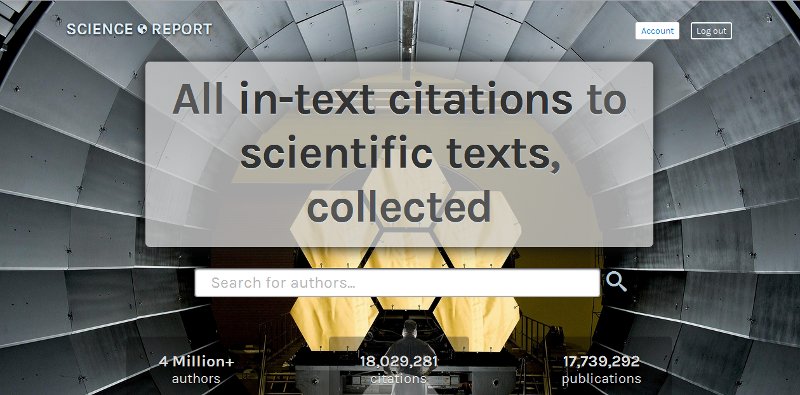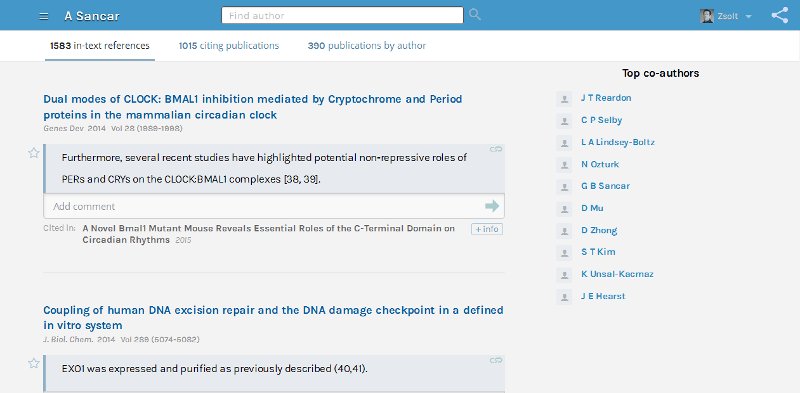Extension .report has 4603 registration as of today (according to ntldstats.com), being the 243rd “most popular” new domain extension. Among those, 21 domains can be found in the Alexa top 1 million. Domain aftermarket is also something non-existing yet: the only documented .report sale is insurance.report for a disappointing $200. These are clearly not fascinating statistics. Still, there are couple of words that fits quite nicely with report, e.g. credit, market, stock, mortage, etc. Unfortunately, these domain names are reserved by the Registry. We have registered two one-word domains with .report extension: science.report and drug.report and developed both of them.
Spending five or more figures on nTLD development is still quite uncommon. Domain Shane writes interesting blog posts on new gTLD development discoveries regularly, however, most of the presented sites did not require serious investments. While we have no financial interest in the success of nTLDs, the availability of many new, high quality sound domain is a great thing when appropriate .com is not available for an affordable price – so we did not hesitate when choosing a domain name for our projects without being sponsored by Donuts. Additionally, being familiar with domains, we feel responsibility to use and teach end users about the new domain extensions.
Our plan was to develop an in-text citation database for scientists and science.report domain name was chosen for this project. We have recently launched the beta version of the portal with many user functionalities. It took us a year to reach this point.
What does an in-text citation database mean? When scientists write a paper, they cite many other papers (like backlinks) that are related, contain previous results or somehow important to fully understand the results of the actual study. If a scientific result is notable, hundreds or thousands of other papers will cite the original publication, while many studies are not cited at all. It is very similar to the importance of websites and the concept of Pagerank – important websites have many backlinks, while others are unnoticed. In science, Impact factor is the analogy of Pagerank/Domain authority but it is not calculated at a publication level but only at journal level (there are hundreds of scientific journals, higher impact factor means more respected journal). According to the definition of the impact factor, it is the average number of citations of a publication in two years (similar to a linkflow). Of course the context are also very important how a work is cited, since it can be positive, neutral or negative. This is what we are building, a database where scientists can find and update the citations to their (or other scientists’) work and the context of the citations. It is somewhat similar to webmasters when checking for new backlinks in Webmaster Tools or in OpenSiteExplorer.
The start is promising, we have about 1000 organic visitors a day short after the launch and hundreds of registered users. In the first months we are monitoring for bugs and analyzing users’ behavior and feedback and prioritize our future plans based on those.


